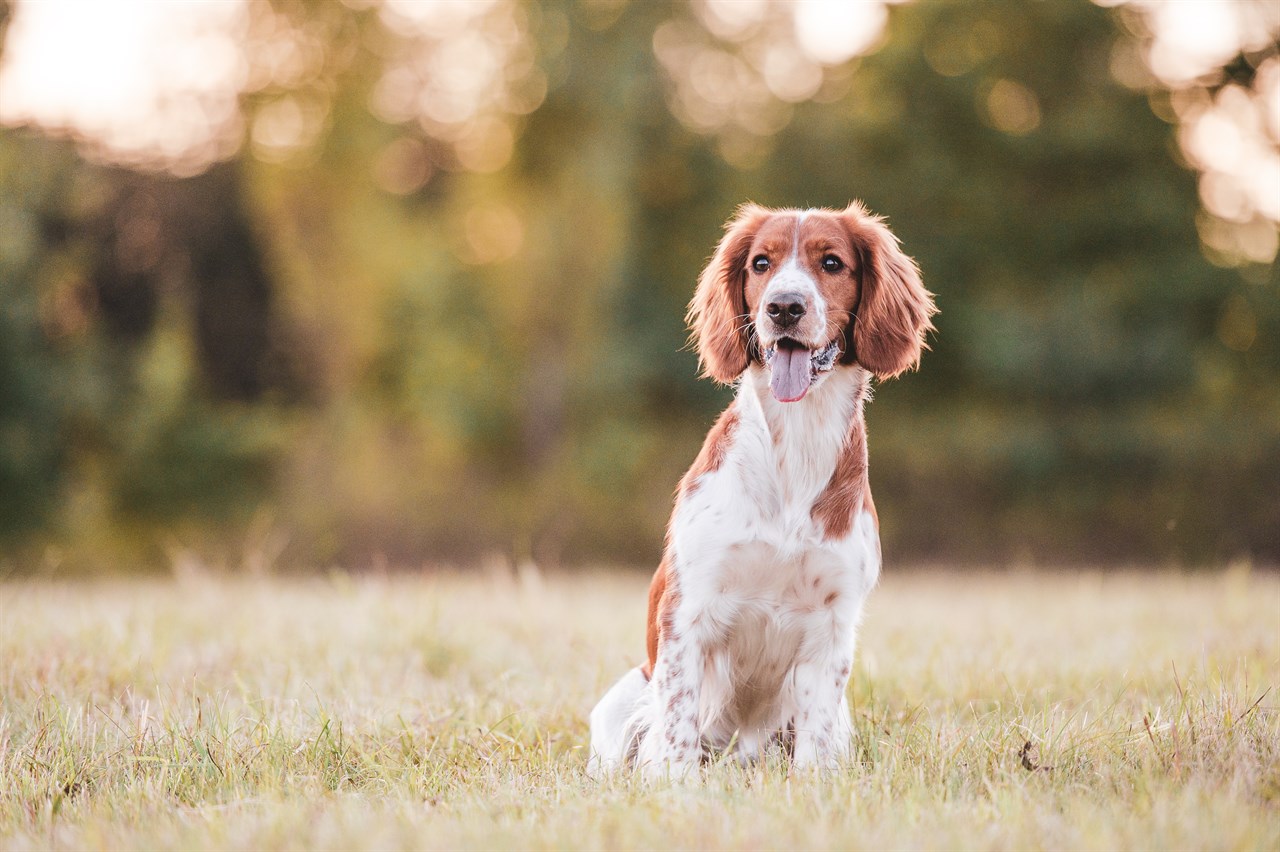Disadvantages of Welsh Springer Spaniel Ownership

While Welsh Springer Spaniels are wonderful dogs with many positive traits, it's essential for prospective owners to be aware of potential disadvantages or challenges associated with this breed. Here are some common downsides to ownership.
High Energy Levels
Welsh Springer Spaniels are incredibly active and require a substantial amount of exercise and mental stimulation. Failing to meet their energy needs can result in behavioural issues and restlessness.
Need for Attention
They are social dogs that thrive on human interaction. This can be challenging for owners with busy schedules or those who cannot provide consistent companionship.
Potential for Separation Anxiety
This breed is prone to separation anxiety and can become distressed when left alone for extended periods. Managing separation anxiety may require additional time and effort.
Grooming Requirements
Their beautiful, long coat requires regular grooming to prevent matting and shedding. Owners should be prepared for the time and effort required to keep their coat in good condition.
Training Needs
While intelligent and eager to please, Welsh Springer Spaniels can be somewhat stubborn. Training can be time-consuming, and consistency is key to success.
Prone to Health Issues
Although generally healthy, they may be susceptible to certain genetic health problems like hip dysplasia, eye issues, and ear infections. Regular veterinary check-ups are essential.
Heavy Shedding
They have a double coat that sheds moderately, especially during seasonal transitions. This shedding can result in more housework for owners.
Not Ideal for Apartment Living
While they can adapt to apartment living, it's not the ideal environment for them due to their need for regular exercise and outdoor space.
Mouthiness
Some Welsh Springer Spaniels can be mouthy and may nip or chew on things when they are young. This behaviour should be managed and discouraged through training.
Strong Prey Drive
Their hunting instincts can make them prone to chasing smaller animals. Proper training and supervision are essential to prevent undesirable behaviour.
What Are the Problems with Welsh Springer Spaniels?
The potential problems associated with Welsh Springer Spaniels include their high energy levels, need for attention, potential for separation anxiety, grooming requirements, training needs, susceptibility to health issues, shedding, suitability for apartment living, mouthiness, and strong prey drive. Prospective owners should carefully consider these factors and be prepared to invest time and effort into meeting their needs to ensure a happy and well-adjusted companion.
Welsh Springer Spaniel puppies for sale
- Find Welsh Springer Spaniel puppies for sale in ACT
- Find Welsh Springer Spaniel puppies for sale in NSW
- Find Welsh Springer Spaniel puppies for sale in NT
- Find Welsh Springer Spaniel puppies for sale in QLD
- Find Welsh Springer Spaniel puppies for sale in SA
- Find Welsh Springer Spaniel puppies for sale in TAS
- Find Welsh Springer Spaniel puppies for sale in VIC
- Find Welsh Springer Spaniel puppies for sale in WA